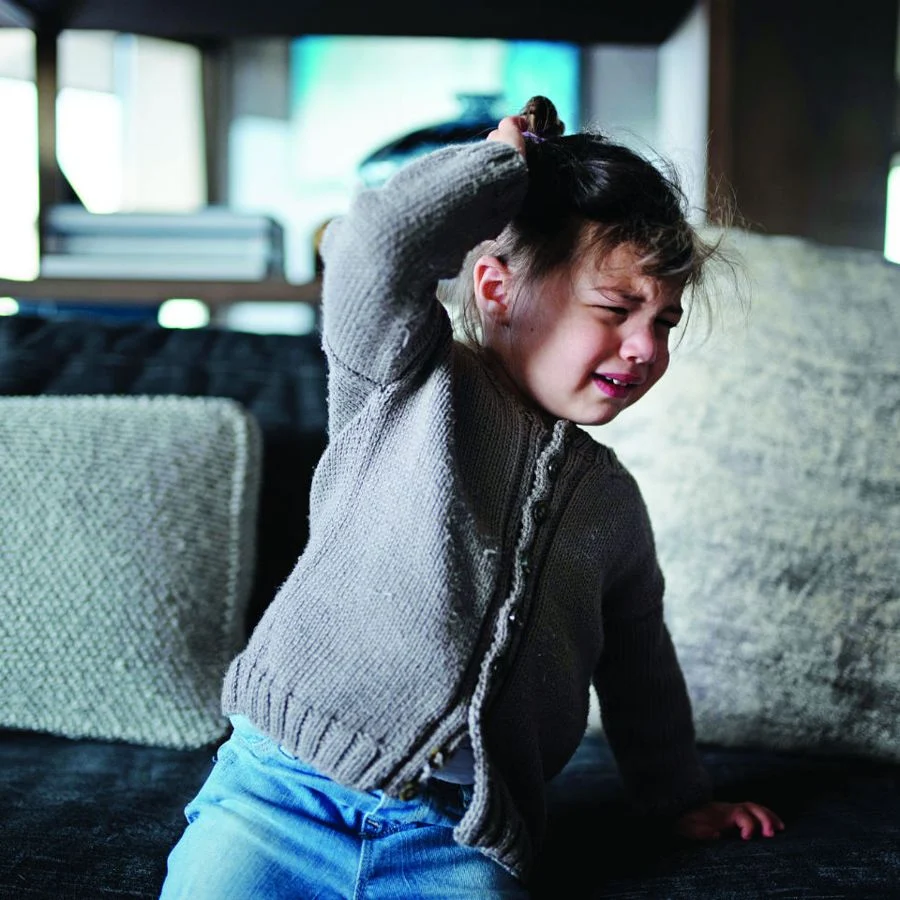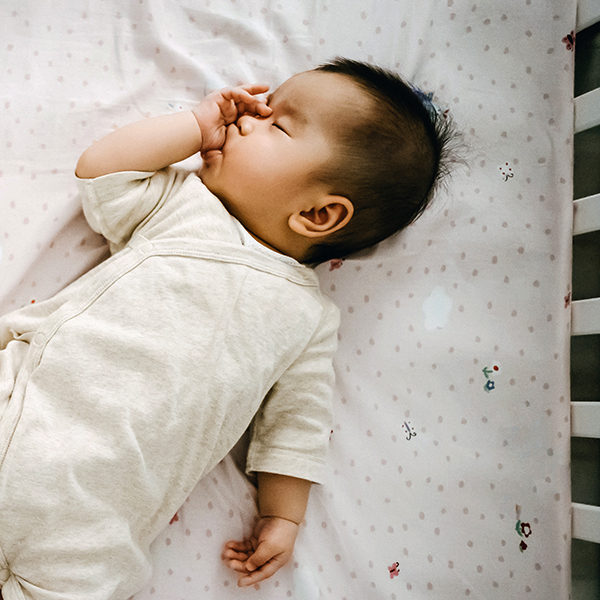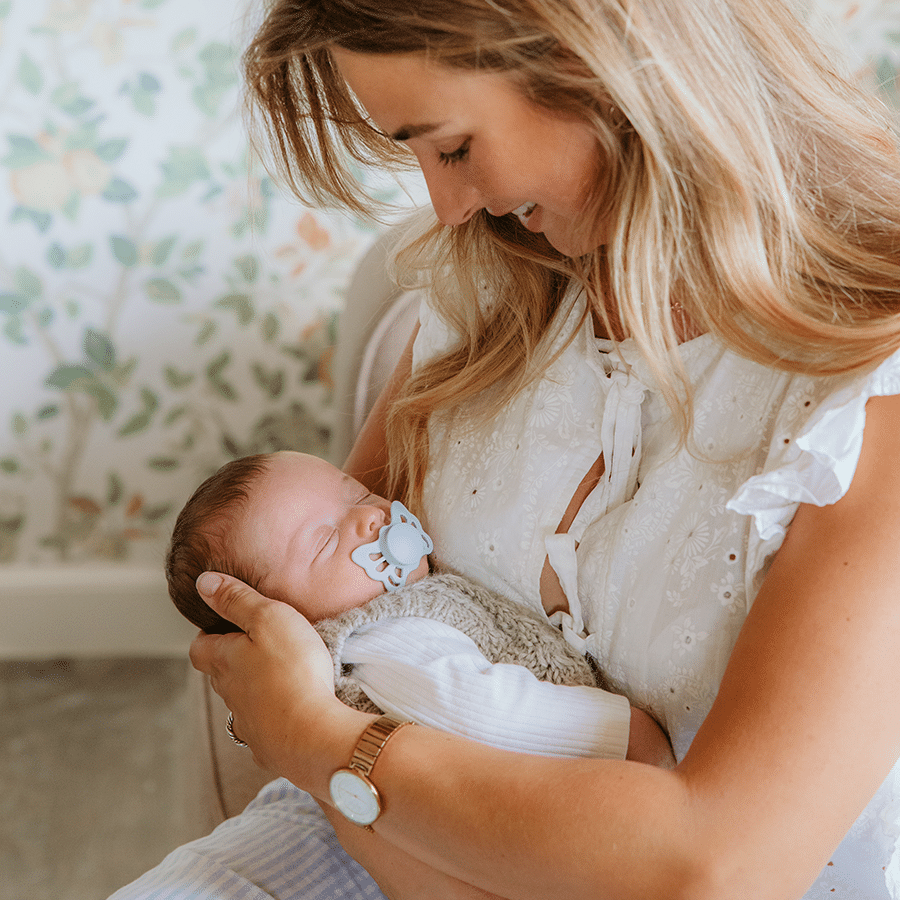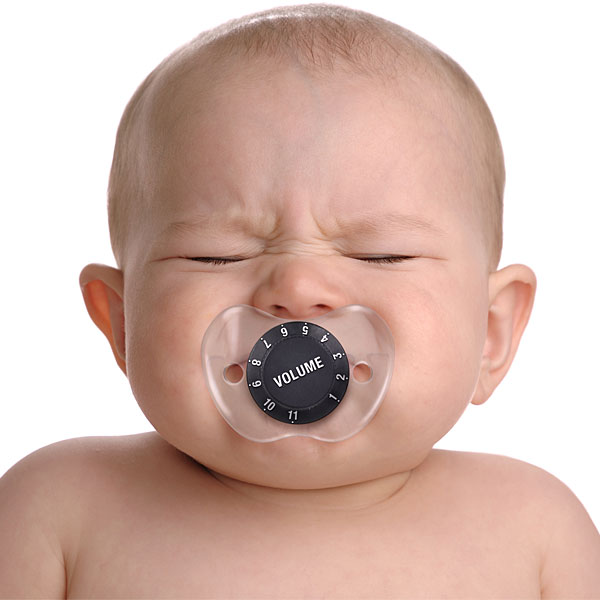I. How long after hitting head can toddler sleep

A. Significance of addressing head injuries in toddlers
Head injuries in toddlers can have serious consequences and therefore it is crucial to address them promptly. In the United States, head injuries account for a significant number of emergency department visits for children aged 0 to 4 years. The developing brain of a toddler is more vulnerable to injury, and immediate attention is necessary to prevent further complications.
B. Importance of understanding when it is safe for a toddler to sleep after hitting their head
One common concern among parents is whether it is safe for a toddler to sleep after hitting their head. Understanding this is essential as it can help parents make informed decisions regarding their child’s healthcare. Sleeping after a head injury can be safe in certain cases, but in others, it may indicate a more severe injury that requires immediate medical attention.
C. Overview of the article’s content
This article aims to provide parents and caregivers with a comprehensive understanding of how long after hitting head can toddler sleep. It will discuss how to recognize the severity of the injury, provide guidance on when to seek immediate medical attention, and address the common concern of whether it is safe for a toddler to sleep after hitting their head. By the end of the article, readers will have a better understanding of how to respond effectively to head injuries in toddlers.
II. Recognizing the Severity of the Head Injury
how long after hitting head can toddler sleep?
A. Identifying symptoms that require immediate medical attention
When a toddler experiences a head injury, there are certain symptoms that should not be ignored, as they may indicate a more severe injury that requires immediate medical attention.
a. Loss of consciousness
If a toddler loses consciousness, even for a brief moment, it is a significant red flag. This can indicate a more severe brain injury and should prompt an immediate call to emergency services or a visit to the nearest emergency department.
b. Persistent vomiting
Vomiting that continues for an extended period after a head injury can be a sign of increased pressure within the skull. This can be caused by bleeding or swelling, and immediate medical attention is necessary to assess and treat the underlying cause.
c. Severe headache or dizziness
If a toddler experiences a severe headache or dizziness following a head injury, it is important to take notice. These symptoms may indicate a concussion or other traumatic brain injury, requiring further evaluation by a healthcare professional.
B. Assessing minor head injuries
Not all head injuries in toddlers require immediate medical attention. However, it is essential to know how to assess minor head injuries to determine if further evaluation is necessary.
a. Observing for signs of concussion
Concussions are common head injuries in toddlers, and it is important to be able to identify the signs. These can include drowsiness, irritability, changes in behavior, difficulty balancing, and sensitivity to light or noise. If any of these symptoms persist or worsen, it is important to seek medical advice.
b. Consulting a healthcare professional for further evaluation
If a toddler exhibits any concerning symptoms, even if they seem mild, it is advisable to seek medical advice. A healthcare professional can conduct a thorough evaluation and decide whether additional testing or monitoring is necessary.
III. The Immediate Aftermath of a Head Injury

A. Prioritizing rest and observation
After a head injury, it is crucial to prioritize rest for the toddler. Allow them to rest in a quiet and calm environment to minimize stimulation. Physical activity should be limited to reduce the risk of further injury.
B. Monitoring for changes in behavior or symptoms
Parents should closely monitor their toddler for any changes in behavior or symptoms that may indicate a more severe head injury. It’s important to be aware of the following:
a. Irritability or excessive crying
If the toddler becomes excessively irritable or inconsolable after a head injury, it could be a sign of increased discomfort or distress. This may warrant a medical evaluation.
b. Unequal pupil size or abnormal eye movements
Any signs of unequal pupil size or abnormal eye movements should be taken seriously. This could indicate a more serious head injury and should prompt immediate medical attention.
c. Persistent confusion or disorientation
If the toddler remains confused or disoriented after the head injury, medical evaluation should be sought. Confusion and disorientation are indicators of possible brain injury, and professional assessment is necessary.
IV. Safe Sleeping Guidelines Following a Head Injury
A. Following medical advice and recommendations
Parents should always follow the advice and recommendations given by healthcare professionals after a head injury. They will provide specific guidelines based on the severity of the injury and the individual needs of the child. Strict adherence to these instructions will ensure the safety and well-being of the toddler.
B. Positioning your toddler for sleep
a. Ensuring the toddler sleeps in a safe and comfortable position
During sleep, it is important to ensure that the toddler is positioned in a safe and comfortable manner. They should sleep on their back to reduce the risk of sudden infant death syndrome (SIDS). Avoid placing additional pillows or bedding around the toddler to prevent suffocation hazards.
b. Consider elevating the head slightly if recommended by a healthcare professional
In some cases, healthcare professionals may recommend elevating the toddler’s head slightly during sleep. This may help reduce swelling or assist with drainage, depending on the nature of the head injury. However, it is essential to follow the specific instructions given by the healthcare provider.
C. Monitoring throughout the night
a. Checking on your toddler periodically
Parents should check on their toddler periodically throughout the night to ensure they are sleeping comfortably and without any concerning symptoms. This provides an opportunity to assess their condition and make any necessary adjustments.
b. Being attentive to any changes in behavior or symptoms
Parents should be attentive to any changes in behavior or symptoms during the night. If the toddler exhibits new or worsening symptoms, it is important to consult a healthcare professional promptly.
By following safe sleeping guidelines and monitoring the toddler closely after a head injury, parents can provide a secure sleep environment and address any potential complications effectively to ensure the well-being of their child. Maintaining open communication with healthcare professionals throughout the recovery process is crucial to ensure the best possible outcome.
V. Seeking Further Medical Evaluation if Necessary
A. Recognizing delayed symptoms and complications
In some cases, symptoms of a head injury in toddlers may not immediately appear. It is important for parents and caregivers to be aware of delayed symptoms and possible complications that may arise.
a. Changes in mood or attention span
After a head injury, a toddler may experience changes in mood or attention span. They may become more irritable, have difficulty focusing, or exhibit changes in behavior. These changes can be a sign of an underlying brain injury and should not be ignored.
b. Difficulty with balance or coordination
Another delayed symptom that parents should watch out for is difficulty with balance or coordination. If a toddler has trouble walking, standing, or displays unsteady movements after a head injury, it is essential to seek medical attention. Problems with balance and coordination can indicate a more severe injury, and proper evaluation is necessary to determine the appropriate course of treatment.
B. Consulting with a healthcare professional for additional evaluation and guidance
If any concerning symptoms arise or if there is uncertainty about the severity of a head injury, it is recommended to consult with a healthcare professional. They have the expertise to evaluate the situation further, provide appropriate guidance, and determine if additional testing or monitoring is required.
Parents and caregivers should not hesitate to seek medical help even for seemingly minor head injuries. While some injuries may resolve on their own with home care, it is better to err on the side of caution and have a healthcare professional assess the situation thoroughly.
When seeking further medical evaluation, it is important to provide the healthcare professional with a detailed account of the incident. This includes information about the nature of the injury, any observed symptoms, and the timeline of events. This information will help the healthcare professional make an accurate assessment and provide appropriate recommendations.
During the evaluation, the healthcare professional may perform a physical examination, assess the toddler’s neurological function, and order additional tests if necessary. These may include imaging studies, such as a CT scan or an MRI, to provide more detailed information about the extent of the injury.
The healthcare professional will also provide guidance on when it is safe for the toddler to sleep after a head injury. They will consider the severity of the injury, the presence or absence of concerning symptoms, and the results of any diagnostic tests. Generally, if a toddler is assessed to have a mild head injury and does not exhibit alarming symptoms, it may be safe for them to sleep. However, it is advised to carefully monitor the child’s condition during sleep and seek immediate medical attention if there are any changes or worsening symptoms.
Ⅵ. Conclusion
In the aftermath of a head injury, it is vital for parents to prioritize rest, observe for any changes in behavior or symptoms, and follow safe sleeping guidelines provided by healthcare professionals. The well-being and safety of the toddler should be the utmost concern, and any concerns or questions should be addressed promptly with a healthcare professional. By being vigilant and following proper guidelines, parents can help ensure a smooth recovery for their child.




